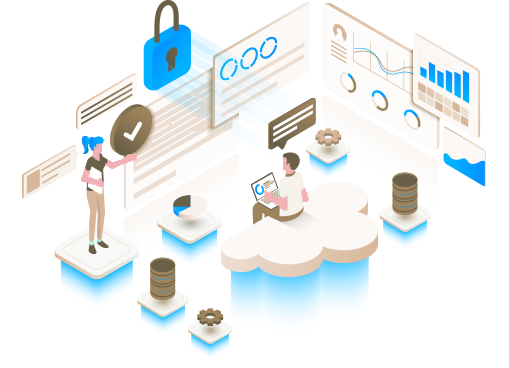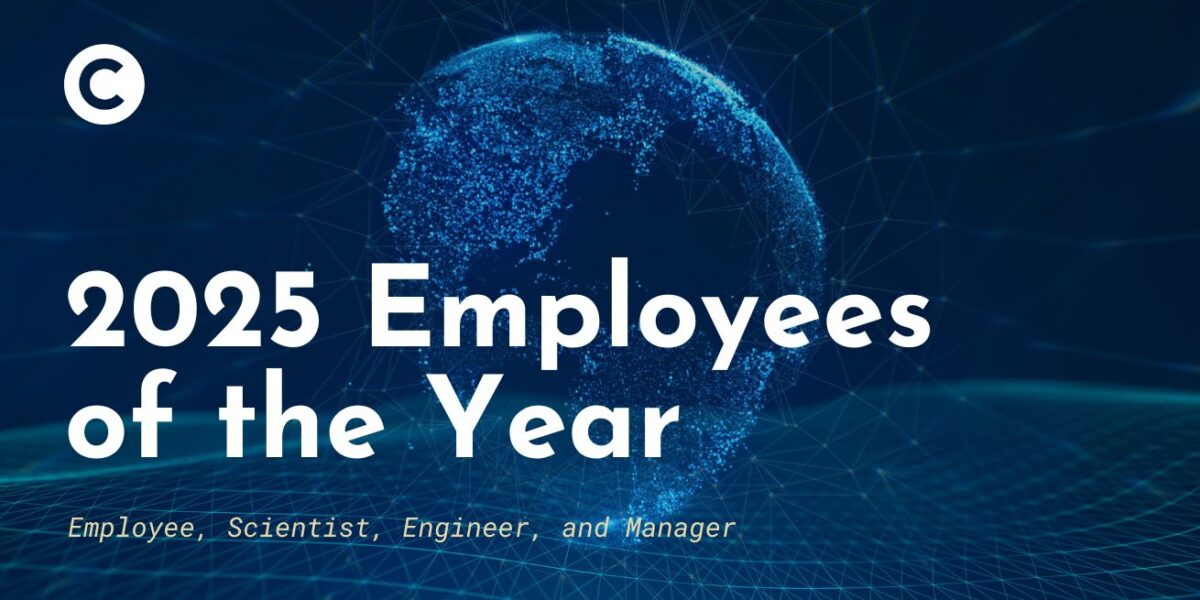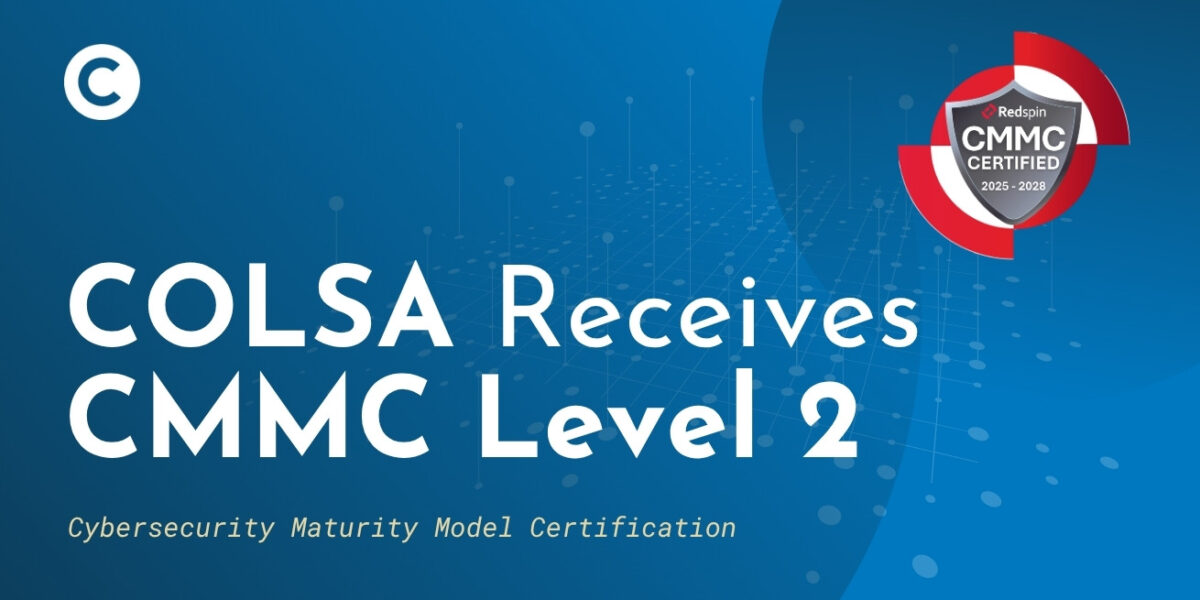Human ingenuity knows few limits. Whenever we encounter a problem, we put our heads together and devise a solution. In the modern world, however, the usual wisdom seems archaic, ever so slightly slower.
Like the paradox of the chicken and the egg, the question goes: Which comes first, the problem or the solution? Waiting for the problem has its benefits, sure, but what if we could work on the solution before the problem presents itself? Wouldn’t that give us an advantage?

As if to answer this very question, COLSA’s Data Science Lab devotes energy, innovation, and cutting-edge computational prowess today so that it can conquer new obstacles tomorrow.
Machine Learning and Deep Learning have roots that stretch back in our company over many years. Through the Data Science Lab, this expertise is consolidated. By leveraging our unique human talent together with some serious hardware, the Data Science Lab positions itself on the precipice of known and unknown, of present and future.
It’s no secret that, in the modern world, data collection is a fast pass to power. But while collecting data has become the norm for every conceivable industry, not everybody knows what to do with it, how to store it, or even how to convert it into a more pliable, digital format.
In the arena of analytics, the Data Science Lab invites all challengers. Customers come with knowledge management problems and specialist data conversion needs, desperate for a way to turn analog scribblings on yellowed paper into 0s and 1s.
One such customer had a peculiar and challenging request: performing data analysis and translating ink-on-paper documents in a foreign language into the digital realm. There was a catch, however: the papers were in poor shape, creased, crinkled, or as anyone else might call them, “nearly unusable.”
The customer had been given a bleak chance of success by other companies using existing technology. “90% accuracy”, they were told, “best available anywhere.” But the minds and hard drives behind our Data Science Lab had loftier aspirations. With machine learning, and by training and retraining neural nets, we were able to offer something better: 97-99% accuracy.
Even so, the Data Science Lab is much more than its accomplishments imply. Machine learning holds the key to future development in the field of solutions-based analytics. What comes next is anyone’s guess.
One thing’s for sure—the limit has not presented itself. Through our Data Science Lab, the world of tomorrow promises human/machine collaboration both in the lab and beyond. Fleets of drones could one day be capable of communicating not just with humans on the ground, but with each other. Search and rescue in warzones or after natural disasters, battlefield reconnaissance, delivering aid in hard-hit areas—you name it.
While the future holds as much mystery as potential, and while we can’t know what problems tomorrow might pose, we can rest assured that COLSA’s Data Science Lab is working overtime to present a solution to the most pressing problems.
At COLSA, it isn’t so much “unknown” as it is “becoming known,”—and that can make all the difference.





